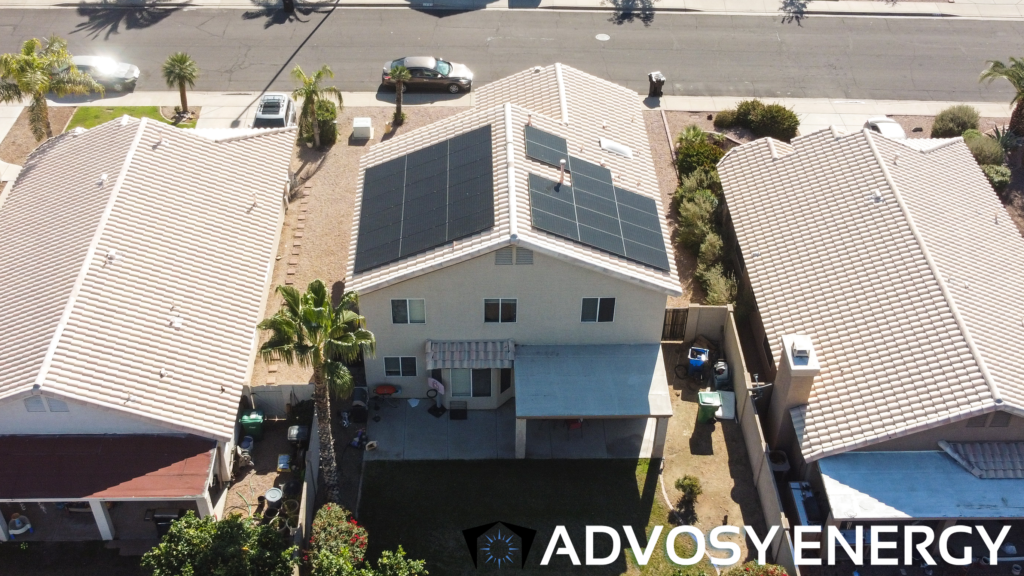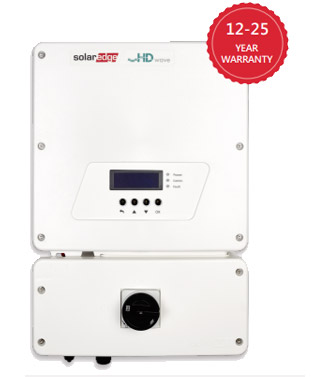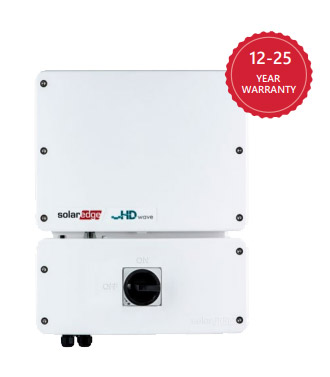The use of battery storage for solar panel systems is becoming increasingly popular among households and businesses.
Battery storage can provide many benefits, including improved efficiency in energy production and savings on long-term costs.
This article will discuss the potential advantages that can be gained by incorporating battery storage into a solar panel system.
How Battery Storage Works With Solar Panels
Battery storage is an increasingly popular option for those who have installed solar panels. The technology enables homeowners to store energy produced by their solar panels and use it when needed, instead of sending excess power back into the grid.
This process requires a battery system that works in tandem with the existing solar panel setup. Smart charging is a key component of this process. It allows users to keep track of how much electricity they are using and adjust their consumption accordingly, allowing them to get the most out of their stored energy.
Additionally, smart charging can be integrated with grid integration systems, helping households save even more money on their electric bills while reducing carbon emissions from traditional sources of electricity production. With these benefits in mind, battery storage may be an attractive option for many homeowners who want to make sure they’re getting maximum value from their solar panels.
Increased Efficiency In Energy Production

By introducing battery storage to your solar system, it is possible to optimize energy production and conserve energy.
This technology enables homeowners to store excess electricity generated by their panels during the day that can then be used at night or on cloudy days.
With this innovative solution, consumers no longer need to purchase electricity from utilities in order to meet their needs. By using stored solar power instead of relying solely on grid-based sources for all of their energy requirements, households can save money and reduce emissions caused by burning fossil fuels.
Additionally, when photovoltaic systems are combined with batteries, they become more efficient as any surplus produced electricity can be sent back into the grid for others to benefit from.
Battery storage also allows homes to take part in demand response programs which pay customers for reducing their energy load when needed most. Through these initiatives, customers receive financial rewards while helping improve reliability and decrease costs associated with peak usage periods.
Reduced Cost Of Energy Consumption
The installation of battery storage in combination with solar panels allows for a reduced cost of energy consumption.
This is due to the fact that excess electricity generated by photovoltaic (PV) systems can be stored and used when needed, thus reducing the amount of electricity consumed from the grid.
Additionally, batteries present an opportunity for increased self-consumption and backup power during outages or periods of high demand.
As a result, costs associated with PV installations are lowered due to lower complexity and maintenance requirements compared to traditional grid-tied systems, as well as higher efficiency rates since no energy is lost through transmission losses over long distances.
Furthermore, with batteries installed alongside solar panels, users have more control over their energy usage habits; they can decide when and where to use stored energy rather than relying solely on utility providers.
Redundancy For Uninterrupted Power
Battery storage for solar panels can provide a number of benefits, such as redundancy for uninterrupted power and more efficient use of solar energy.
Redundancy is an important factor in any backup system, particularly when it comes to powering your home or business. Battery storage provides a layer of protection against interruptions in the grid due to storms or other natural disasters that could cause outages.
The battery stores energy from the solar panels during peak sunlight hours, allowing you to store excess electricity until needed. This allows you to maximize your usage efficiency by using stored energy during times when there are no production from the solar panels due to lack of sunlight or cloudy days.
In addition, battery storage also allows for better management of solar savings over time. By storing extra electricity produced during peak periods, you can access it later on instead of losing it with traditional grid-connected systems where unused power is transferred back into the local utility at lower prices than what was paid initially.
Battery storage thus helps ensure that these savings remain intact and available whenever they are needed most. You can even control how much energy is used and when it gets used according to your specific needs and preferences, giving you greater flexibility in managing your energy costs over time.
Enhanced System Lifespan

The installation of battery storage with solar panels offers several long term savings to homeowners. Not only is the cost associated with purchasing electricity from a power grid eliminated, but it also allows for more efficient use of energy generated by photovoltaic cells during periods when sunshine is not available or optimal. This leads to a better overall return on investment in terms of time and money.
Additionally, storing excess energy collected during peak sunlight hours can help reduce environmental impacts due to the decreased reliance on traditional sources of energy production that often involve burning fossil fuels.
Battery storage technology has been proven to increase system lifespans as well, providing even greater value over time. Storing unused energy reduces stress on other components such as inverters which are typically vulnerable to an influx of high voltage surges caused by sudden changes in weather conditions; this helps extend the life expectancy of the entire system while reducing maintenance costs down the line.
Better Self-Sufficiency And Autonomy
The ability to store solar energy has become increasingly important for those who want to ensure their own renewable independence. Battery storage allows homeowners to store the power generated from their solar panels, providing them with energy when they need it and allowing them to be more self-sufficient in terms of their electricity supply.
This can result in households being able to access energy even if there is a power grid failure or if weather conditions reduce the amount of available sunlight. By having battery storage, individuals have greater control over the production and consumption of their own electricity than ever before, giving them unprecedented levels of autonomy.
Beyond just ensuring that people are able to access electricity during times where traditional sources may not be available, battery storage also means that householders do not have to worry about relying on external resources like utilities companies or expensive third-party service providers for their power needs.
With solar independence comes the freedom to make decisions without worrying about cost implications or other restrictions which may come from larger organizations—allowing homeowners to take full advantage of all the benefits offered by clean, renewable energy sources such as solar panels.
What To Consider When Selecting A Battery Storage System
When selecting a battery storage system, it is important to consider the energy savings and environmental impact that will result from its installation. The type of battery chosen should be tailored to specific needs in terms of size, capacity, temperature range and operating cost.
Additionally, understanding the life cycle of the battery and how long it will last before needing replacement is also key when making an informed decision.
The efficiency of the system must also be taken into account; this includes not only the electricity-to-energy conversion rate but also other factors such as inverter efficiency, charge/discharge rates, and overall power output.
Understanding these components can help ensure maximum energy savings while minimizing any negative impacts on the environment. It may also pay dividends in terms of increased performance, safety measures and ultimately operational costs over time.
Therefore, considering all aspects mentioned previously can guarantee selection of a suitable system for your particular needs. By researching available options thoroughly before purchase or installation, one can make sure that their solar panel setup remains reliable for years to come with minimal effort required in maintenance or upgrades along the way.

